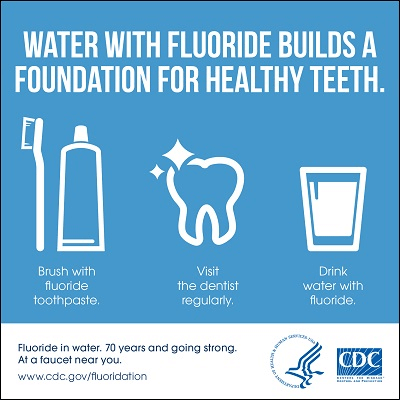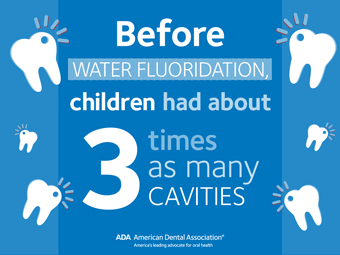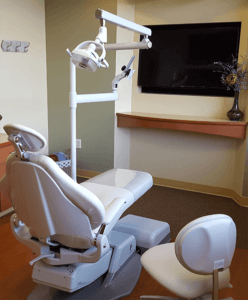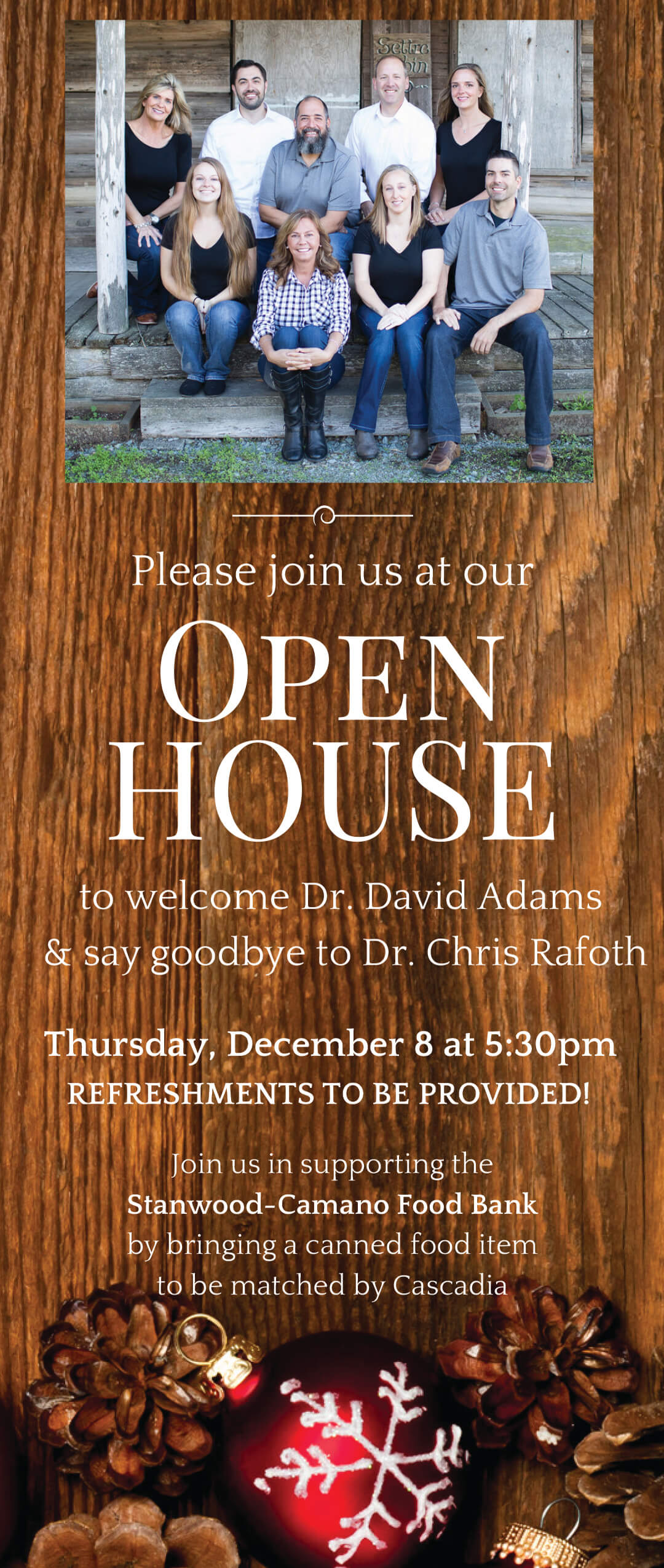 In December 2012, the American Academy of Orthopedic Surgeons (AAOS) and the American Dental Association (ADA) collaboratively announced revised guidelines on the use of antibiotics as a means to prevent the infection of prosthetic joints. The most recent guidelines no longer recommend the routine use of antibiotics in most cases of patients with artificial joints. This revision to existing best practices has been slow to reach the general public. In summary, based on considerable research (https://www.ncbi.nlm.nih.gov/pmc/articles/PMC3927664/), antibiotics before dental procedures has not been found to be beneficial for the vast majority of patients with artificial joints and in many cases can actually be harmful.
In December 2012, the American Academy of Orthopedic Surgeons (AAOS) and the American Dental Association (ADA) collaboratively announced revised guidelines on the use of antibiotics as a means to prevent the infection of prosthetic joints. The most recent guidelines no longer recommend the routine use of antibiotics in most cases of patients with artificial joints. This revision to existing best practices has been slow to reach the general public. In summary, based on considerable research (https://www.ncbi.nlm.nih.gov/pmc/articles/PMC3927664/), antibiotics before dental procedures has not been found to be beneficial for the vast majority of patients with artificial joints and in many cases can actually be harmful.
This topic comes up fairly often in the dental chair as many of my patients have artificial joints. For years the guidelines have been moving toward the reduction of the use of prophylactic antibiotics before dental visits and the frequently changing opinions can often be confusing. The idea was that bacteria can enter your bloodstream during invasive dental procedures that could, potentially, after a torturous path, end up making their way into the joint space, resulting in a harmful infection of that prosthetic joint. If this theory were correct, the use of antibiotics as a means to prevent it could make sense. However, after years of research, they cannot find any cases where this has actually happened. At the same time, they have also found that simply brushing your teeth can also result in bacteria from your oral cavity entering your bloodstream; and yet, there are no recommendations for the use of preventive antibiotics before brushing teeth. After years of ongoing research, the AAOS and ADA have finally eliminated the general recommendation for the use of antibiotics in the case of prosthetic joints. Ultimately, however, their recommendation defers to the patient and their orthopedic surgeon to make the final decision.
If this topic applies to you, the Cascadia Dentistry team continues to defer to you and your surgeon and recommend that you talk with your surgeon about the revised guidelines. In both personal experience and in doing our own research, we have found evidence that scaling down the overuse of antibiotics is beneficial, as instances where they are over-prescribed can reduce their effectiveness or even lead to life-threatening digestive issues. As a result, we follow the guidelines of the ADA and the AAOS and do not routinely recommend the use of antibiotic prophylaxis for prosthetic joints. If you have any questions or concerns, please let us know at your next dental visit. We would be more than happy to discuss this with you further.
To schedule an appointment, please call Cascadia Dentistry in Stanwood: (360) 629-7229

 I recently had a discussion with a friend of mine as I gave my son his daily fluoride drops. After I was done, my friend looked at me with a puzzled expression and asked me why I would give my son fluoride because she had heard that fluoride is toxic. As a dentist, I hear this view fairly often and it’s frustrating because I immediately want to start presenting all the research touting the major benefits of fluoride supplements in children without coming off as overbearing. In my friends’ case, I very confidently answered her that I was doing my son a favor by giving him fluoride supplements to reduce his future risk for tooth decay because our local drinking water is not fluoridated. Because this is such a common concern, I’d like to take a moment to further explain myself and offer a few points for parents of young children to consider.
I recently had a discussion with a friend of mine as I gave my son his daily fluoride drops. After I was done, my friend looked at me with a puzzled expression and asked me why I would give my son fluoride because she had heard that fluoride is toxic. As a dentist, I hear this view fairly often and it’s frustrating because I immediately want to start presenting all the research touting the major benefits of fluoride supplements in children without coming off as overbearing. In my friends’ case, I very confidently answered her that I was doing my son a favor by giving him fluoride supplements to reduce his future risk for tooth decay because our local drinking water is not fluoridated. Because this is such a common concern, I’d like to take a moment to further explain myself and offer a few points for parents of young children to consider. On the other hand, dental decay is endemic and is a very serious health concern that many children and adults face. Dental decay can lead to pain and premature tooth loss and can be debilitating to many children and adults alike. Yet fluoride consumed as a child brings down that persons’ lifelong risk for dental decay in their permanent teeth. Simply put, a child who orally consumes fluoride at the recommended levels, results in fluoride integrating into that child’s adult teeth as they develop which helps reduce future risk for tooth decay – certainly a major benefit to that child as they age.
On the other hand, dental decay is endemic and is a very serious health concern that many children and adults face. Dental decay can lead to pain and premature tooth loss and can be debilitating to many children and adults alike. Yet fluoride consumed as a child brings down that persons’ lifelong risk for dental decay in their permanent teeth. Simply put, a child who orally consumes fluoride at the recommended levels, results in fluoride integrating into that child’s adult teeth as they develop which helps reduce future risk for tooth decay – certainly a major benefit to that child as they age.

 It’s been over two months now since I joined the Cascadia Dentistry team so I wanted to take a moment to say hello to my new patients; to those that have already entrusted me with their dental care and to those I have not yet had the opportunity to meet personally. Every day I am reminded how friendly and welcoming this community is which just adds confidence to my decision to move my family to the Arlington-Stanwood area. You really have a wonderful community and I am eager to learn more about each of you and what our community has to offer.
It’s been over two months now since I joined the Cascadia Dentistry team so I wanted to take a moment to say hello to my new patients; to those that have already entrusted me with their dental care and to those I have not yet had the opportunity to meet personally. Every day I am reminded how friendly and welcoming this community is which just adds confidence to my decision to move my family to the Arlington-Stanwood area. You really have a wonderful community and I am eager to learn more about each of you and what our community has to offer.